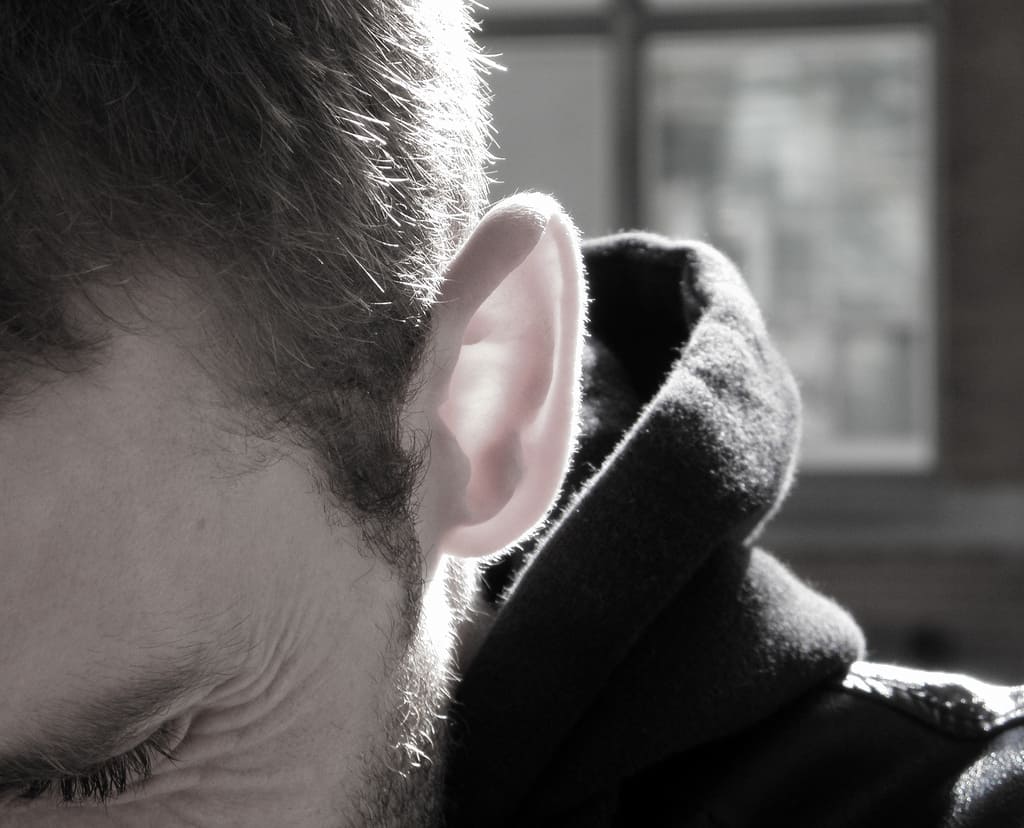Last Updated: 13th June 2021
Chances are, if you’ve sat down to produce or mix music for a long period of time before—you’ve experienced ear fatigue.
Though not a clinically recognized state, ear fatigue generally occurs after listening to or working with audio, especially at high volumes.
Most producers ignore ear fatigue or dismiss it as a minor problem. But it’s not a minor problem, because when your ears are fatigued:
- It’s harder to accurately listen to what’s happening in your mix. You make poorer decisions, use your tools incorrectly, and ultimately end up with a subpar mix.
- You’re less creative. Sitting down and producing is uncomfortable at this point. You’ll rush, cut corners, or procrastinate.
- You may cause temporary or permanent damage to your ears (no thanks!)
Let’s look at 5 practical tips to prevent ear fatigue.
1. Lower the Volume
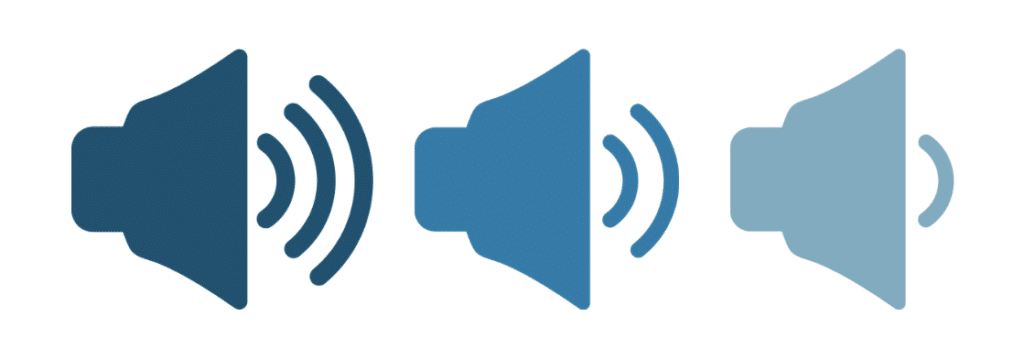
We all like to crank the volume on our monitors. Especially electronic music producers.
It’s just better when it’s loud.
But while it might give a better vibe in the studio, it doesn’t result in a better mix or production.
The rule of thumb is this..
If you can’t talk comfortably to another human being sitting next to you – it’s too loud.
This doesn’t mean that you shouldn’t occasionally check your mix at a loud volume.
But for most of your mixing session, it should be at a reasonable level for two reasons:
- Your ears won’t fatigue as fast
- You’ll be able to judge your mix better (louder music sounds better, psychologically due to loudness bias)
#2 – Take Regular Breaks From Producing and Mixing
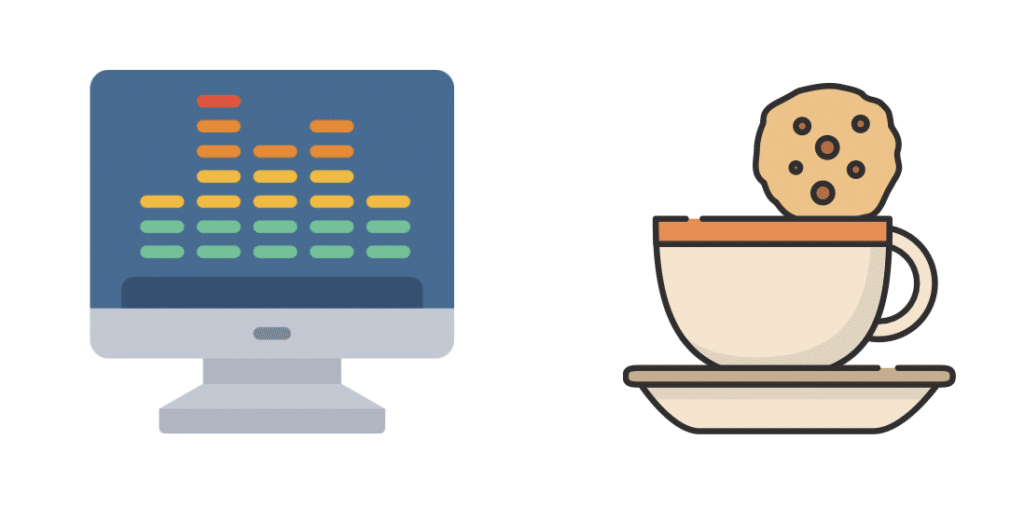
We all know what it’s like to get intensely involved in a production session, you know, when you become one with the track. It’s like waking up after a long sleep to see sunlight pouring through the window.
When you’re in a creative flow state, it’s easy to lose track of time.
And it’s during these states that you’re most at risk from ear fatigue.
You’re not taking any breaks (because you’re so intensely focused)…
And you’re likely turning the volume up subconsciously.
A better approach: use a timer.
I personally like to mix in 45 minute sessions with a 5-10 minute break in between.
Not only does this prevent ear fatigue, but it’s also a great way to improve your mixing. You come back from each break with recalibrated ears. You can listen more objectively. You’re refreshed.
#3 – Restrict Your Overall Time
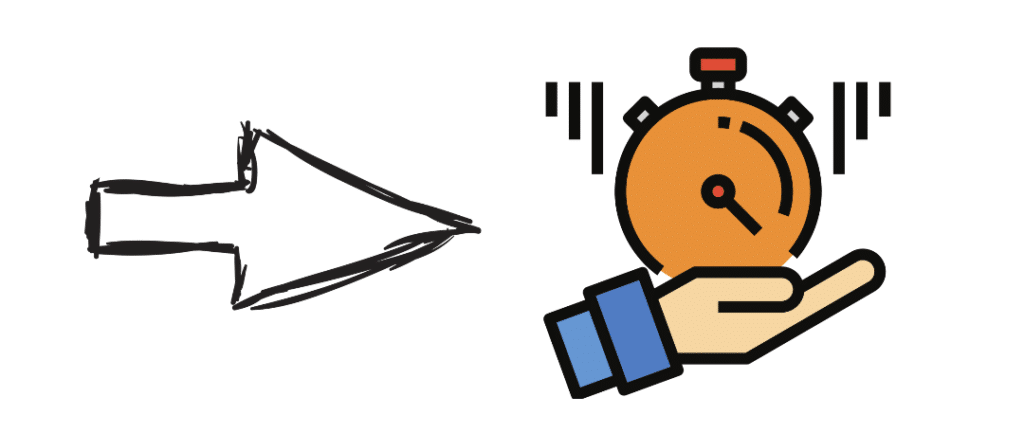
Even if you’re taking regular breaks, there will be a point where you’ve simply been going too long.
If you’re working on arrangement, songwriting, or purely creative work – going over 8 hours a day is probably fine. You don’t need listening objectivity and precision the same way you do with mixing and mastering.
But trying to mix and master for 8+ hours per day isn’t the wisest move. By the end of the day, your ability to listen comfortably, objectively and accurately will be greatly diminished.
Sleep on it and pick up where you left off tomorrow.
#4 – Incorporate Productive “Non-Listening” Work
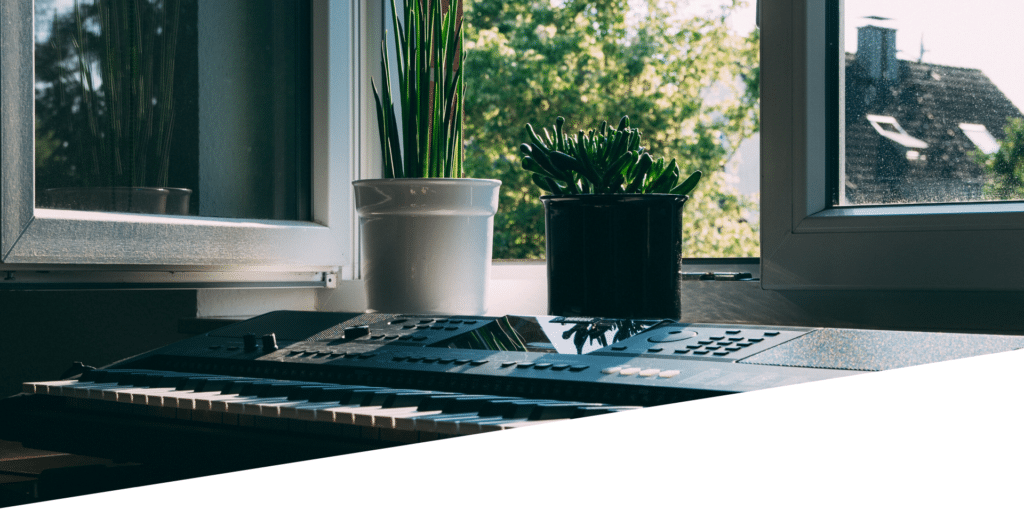
There’s always some administrative work that needs to be done.
I’m not talking paperwork, signing contracts, or dealing with the “business” side of things (though that can be applied with this particular tip).
I’m talking Sharpening the Axe.
- Organizing your sample library for maximum efficiency
- Organizing your project library so you know where everything is
- Deleting old, unused plugins and sample folders
- Cleaning up your computer
If I’m producing for a long period of time, I’ll incorporate some of this work in the middle of my session to break things up and rest my ears.
#5 – Focus on the Long Game
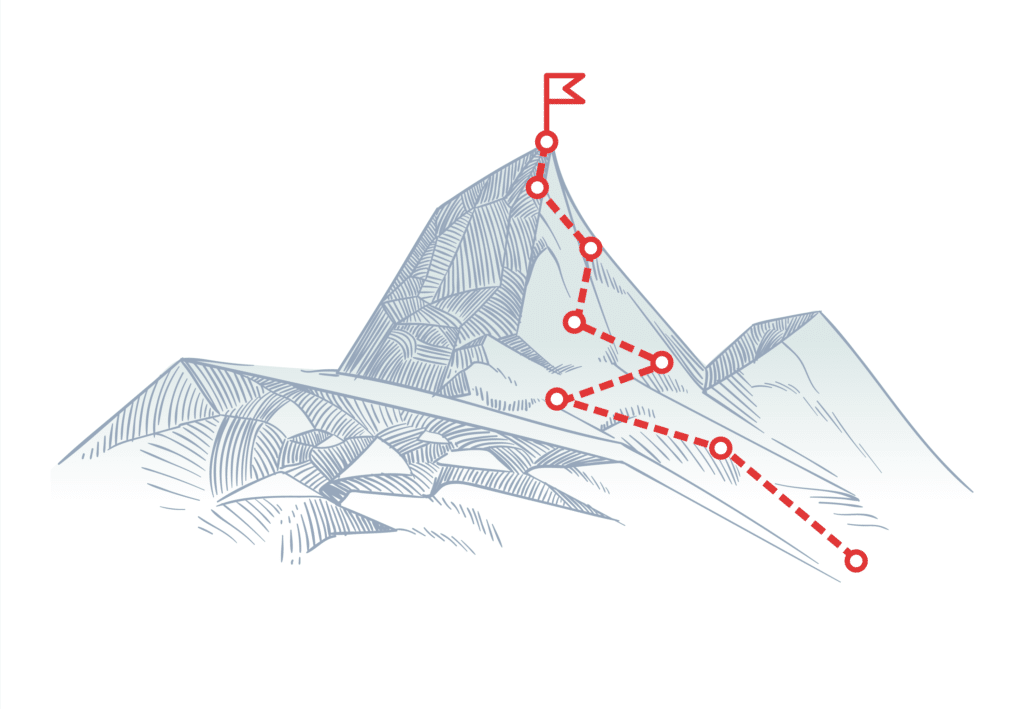
If you’re anything like me, you have a sense of urgency.
You want to finish your mixdown now. Today.
You’ll stay up late, sacrifice sleep and health, just to finish your song.
This seems like a good idea in the moment, but it’s almost always not. Unless you’re in a flow state (in which case, capitalize on it. They don’t come around often).
Instead, set your mind on the long game. You’re an artist. A producer. You’re hopefully going to be making and finishing music for years to come.
Whether you finish your song today or tomorrow is insignificant in the grand scheme of things. It’s better to protect your ears so you can make music long into the future.
A Final Point: Optimize Your Workflow
Ear fatigue is one component of a wider issue: workflow.
If you don’t have a strategy or framework for finishing music consistently without getting fatigued, burned out, or drying up creatively, then it’s time to change that.
Ideally, you have a system that gets you from idea to finished song in a repeatable, reliable way.
I share that system in The Producer’s Guide to Workflow & Creativity (read by thousands of producers).

